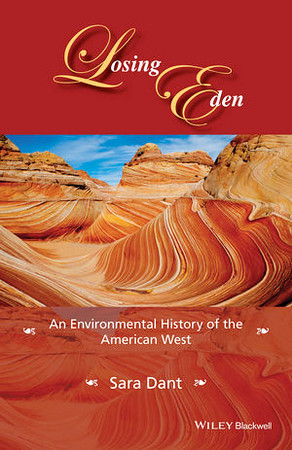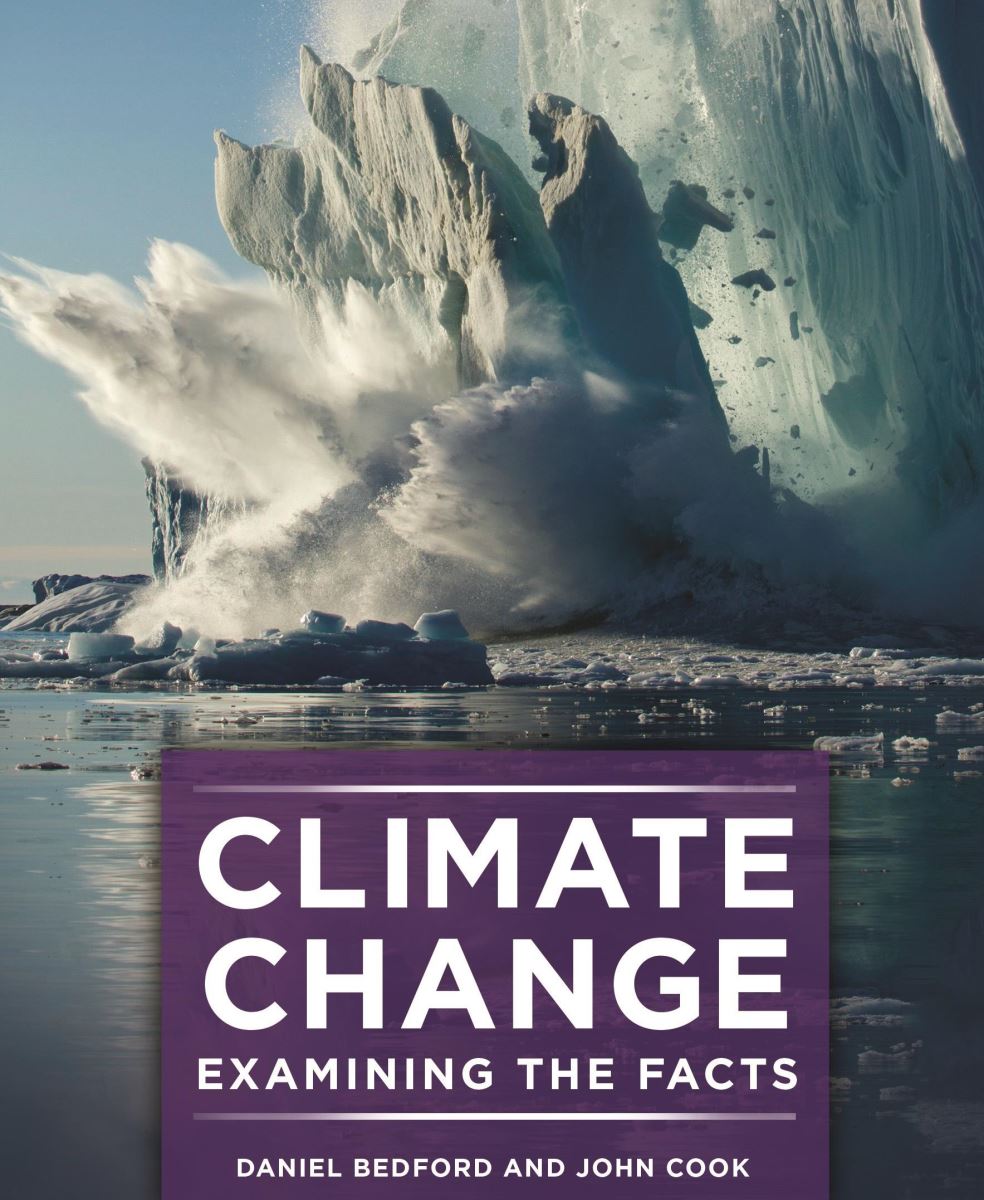Help Fight the Effects of Climate Change
Two Professors Publish Books on Climate Change, Sustainability
Becoming environm entally friendly doesn’t have to be daunting. It’s really as simple as making small adjustments to everyday behaviors. Start by asking yourself the following questions:
entally friendly doesn’t have to be daunting. It’s really as simple as making small adjustments to everyday behaviors. Start by asking yourself the following questions:
- Do you turn off the lights when you leave a room?
- Do you buy locally grown produce?
- Do you turn off the tap water while you brush your teeth?
If you answered yes to any of these questions, you are supporting the environment, according to two Weber State University professors who recently wrote books on climate change.
“The idea that we have to cut our standard of living in order to cut our carbon emissions — I don’t agree with that,” says geography professor Dan Bedford. “What we want to do is move forward into our energy future, not backward into our energy past.”
Bedford says that, as a society, we must begin utilizing and advancing renewable energy technology, and, as individuals, we must focus on small changes wherever we can. One of his favorite tips: unplugging what he calls “vampire appliances,” devices that draw power despite not being in use, such as coffeemakers, tablets and flat-screen TVs.
“If everyone in the U.S. unplugged these appliances, that would cut U.S. energy consumption by the equivalent of five large coal-fired power plants,” Bedford says. “And that’s kind of a no-brainer, right?”
Like Bedford, history professor Sara Dant also recommends that people make small changes to help preserve the environment, such as bringing reusable shopping bags to the grocery store or cutting out bottled water to reduce plastic waste. She also suggests buying locally grown food and says you can request that your favorite stores stock products grown in your own region.
The two professors’ passion for sustainability shines through in the books they each wrote.
 Bedford, along with co-author John Cook, wrote Climate Change: Examining the Facts. The book offers a wide look at the global effects of climate change and “is structured as a response to 35 commonly held misconceptions or myths about the issue.” Bedford says he and Cook worked diligently to shape the book, explaining that “if you try and address a myth in the wrong way, you can actually mistakenly reinforce the myth.” They wanted to clear up misinformation and make the facts stick.
Bedford, along with co-author John Cook, wrote Climate Change: Examining the Facts. The book offers a wide look at the global effects of climate change and “is structured as a response to 35 commonly held misconceptions or myths about the issue.” Bedford says he and Cook worked diligently to shape the book, explaining that “if you try and address a myth in the wrong way, you can actually mistakenly reinforce the myth.” They wanted to clear up misinformation and make the facts stick.
Examples of specific issues found in the book include trends in the Arctic and Antarctic ocean ice packs, the accuracy of climate forecasting models, whether extreme weather events are increasing as a result of climate change, and the benefits and drawbacks of various methods of limiting greenhouse gas emissions.
Dant’s book, Losing Eden: An Environmental History of the American West, focuses on the historical role of the natural world in the American West. “The longest period of human/nature interaction over time is here in the West,” explains Dant, who says her goal in writing Losing Eden is to promote sustainability by explaining the consequences of past environmental choices.
The worst damage, Dant says, comes when people begin to participate in the economic principle known as the “tragedy of the commons,” which is when everyone acts in their own interest. “The environment is suffering due to overuse of resources for personal economic gain rather than necessity,” Dant explains. She argues that this can be overcome by turning tragedy into the “triumph of the commons,” where individuals take actions that benefit the group first.
Although Bedford and Dant’s books cover different topics related to the environment, both professors agree that our current way of life is not sustainable. They do believe, however, we still have time to contribute to Earth’s longevity.
“Every person can help preserve our planet,” Bedford says. “And remember, small changes help, and they won’t turn your world upside down.”
Frank Harrold, dean of the College of Social & Behavioral Sciences, commends the professors on their dedication to teaching not only their students, but going beyond this to inform society as a whole.
“The works of Doctors Dant and Bedford exemplify how the social sciences help us understand crucial issues that we as a society must confront,” he says.